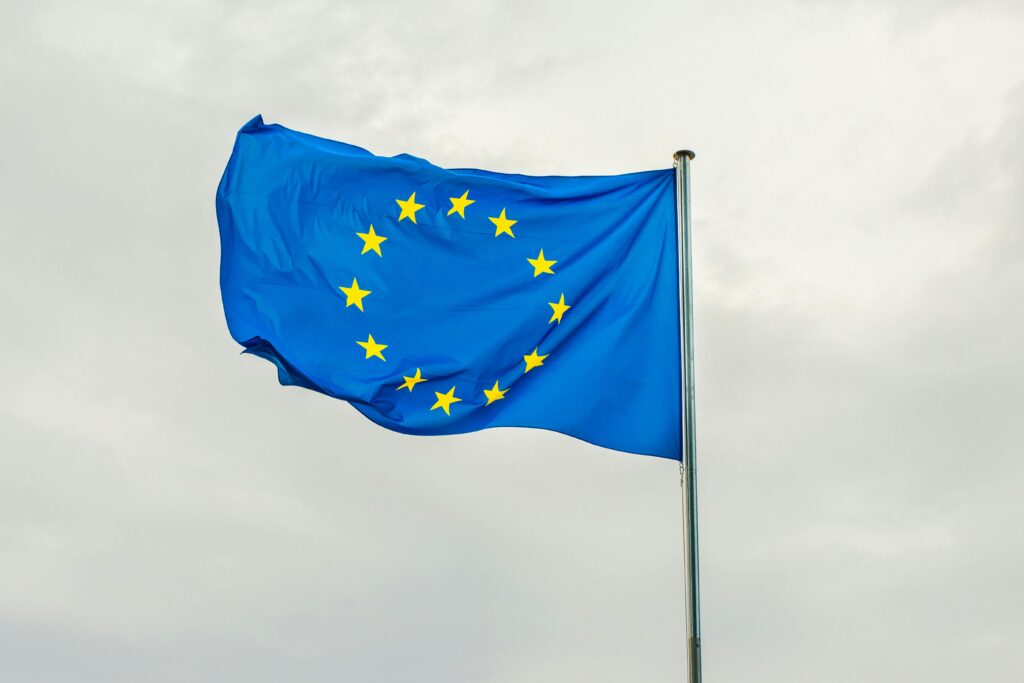In recent years, Europe has positioned itself at the vanguard of the global shift towards a green economy, championing sustainable business practices and setting ambitious targets for renewable energy adoption, green finance, and sustainable supply chain management. At the heart of these efforts is the European Green Deal, a groundbreaking initiative aimed at making the European Union (EU) climate-neutral by 2050. This bold vision is not just reshaping the business landscape within the bloc but also serving as a model for the rest of the world. This article explores the transformative shift towards sustainability within the EU, highlighting the implications of the European Green Deal for businesses and the economy at large.

Renewable Energy Revolution
One of the cornerstones of Europe’s green transition is the widespread adoption of renewable energy sources. Driven by a combination of regulatory mandates, financial incentives, and technological advances, EU member states have significantly increased their investment in solar, wind, hydro, and biomass energy production. This shift not only reduces the bloc’s carbon footprint but also enhances energy security and creates new opportunities in the burgeoning renewable energy sector. For businesses, the transition to renewables is not just about compliance; it’s a chance to innovate, reduce operational costs, and build brand value around sustainability.
Green Finance: Fueling the Future
Central to Europe’s sustainability agenda is the concept of green finance, which prioritizes investment in projects and businesses that have a positive environmental impact. The EU has been pioneering in this area, developing classification systems for sustainable activities (the EU taxonomy) and green bond standards to direct capital flows towards green investments. These initiatives are making it easier for investors to identify and support sustainable projects, while also encouraging businesses to align their practices with environmental objectives. For companies operating in or with Europe, integrating sustainability into financial strategies has become imperative, not only to attract investment but also to future-proof their operations against regulatory and market shifts.
Rethinking Supply Chains
Sustainable supply chain management has emerged as a critical focus area for European businesses in the transition to a green economy. The EU’s emphasis on circular economy principles—aimed at minimizing waste and making the most of resources—has spurred companies to rethink how they source materials, design products, and manage end-of-life disposal. This approach not only reduces environmental impact but also drives innovation in product development and opens up new markets for recycled and eco-friendly products. For businesses, the move towards sustainable supply chains is a complex but rewarding journey, offering a competitive edge in a market increasingly oriented towards sustainability.
The European Green Deal: A Blueprint for Business
The European Green Deal is more than just a policy framework; it’s a comprehensive blueprint that outlines the pathway for the EU’s transition to a sustainable economy. For businesses, the deal presents both challenges and opportunities. On one hand, it introduces more stringent regulations on emissions, energy efficiency, and waste management, requiring companies to adapt their operations and invest in green technologies. On the other hand, it opens up a plethora of opportunities in green innovation, from renewable energy and sustainable transportation to eco-friendly agriculture and circular economy solutions.
Implications for Businesses
The implications of the European Green Deal for businesses are profound. Companies must navigate a rapidly evolving regulatory landscape, with implications for compliance, taxation, and access to funding. At the same time, they stand to benefit from increased support for green innovation, including subsidies, tax breaks, and access to green finance. Perhaps most importantly, aligning with the Green Deal’s objectives allows businesses to meet the growing demand for sustainable products and services, building resilience and competitive advantage in the process.
Leading the Charge Towards Sustainability
Europe’s shift towards a green economy and sustainable business practices represents a pivotal moment in the global response to climate change. Through initiatives like the European Green Deal, the EU is not only setting ambitious targets for itself but also leading by example, showing that a sustainable future is both possible and profitable. For businesses, the transition to sustainability is no longer optional but a strategic imperative that will define their role in the economy of tomorrow. As Europe continues to pioneer this green horizon, the rest of the world is watching—and, increasingly, following suit.